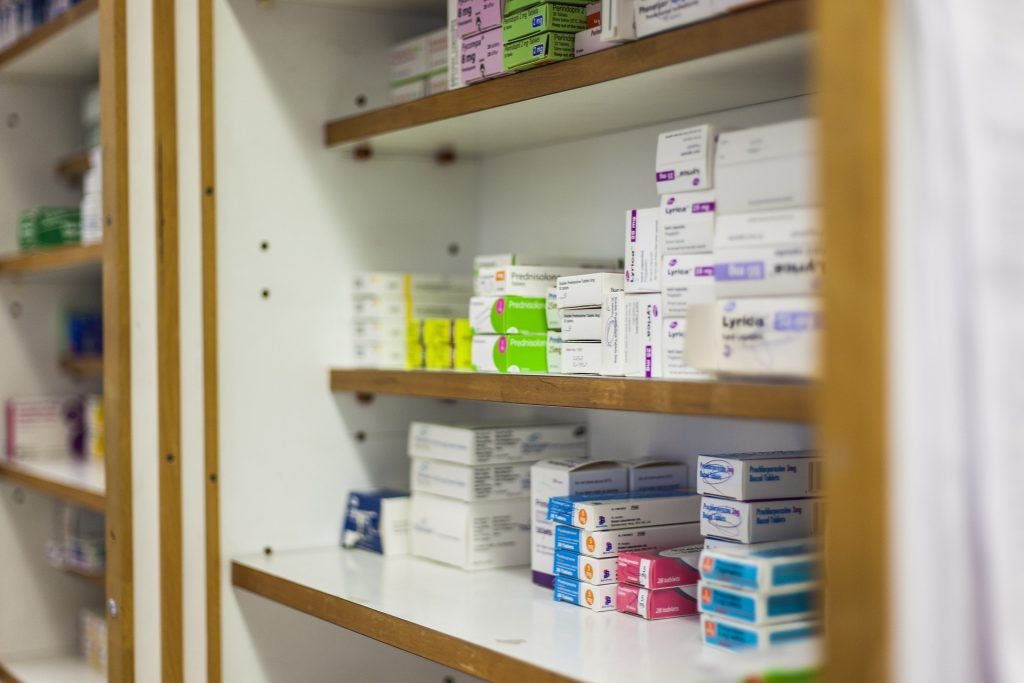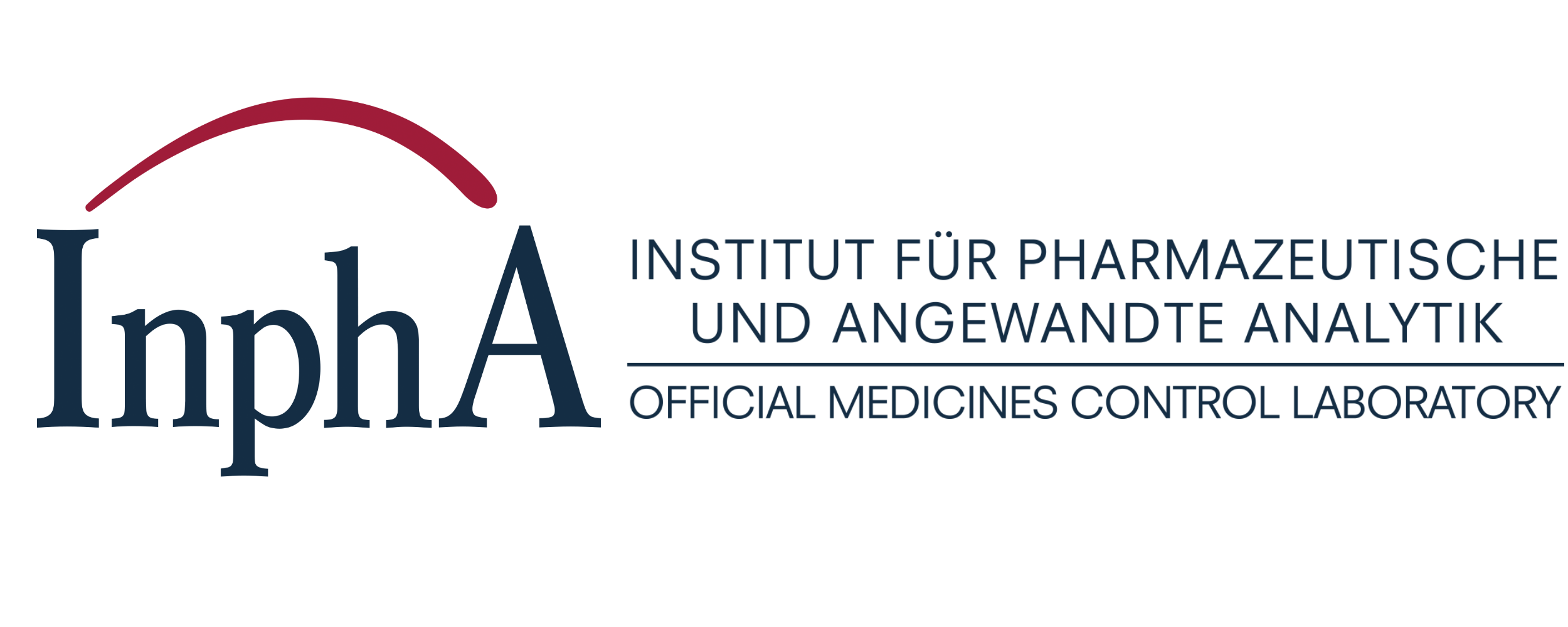
What does InphA contribute to the protection of consumers?
In Germany, the official testing of medicinal product samples is required by law. As an Official Medicines Control Laboratory (OMCL), InphA fulfils this task every day for the six states of Bremen, Hamburg, Hesse, Lower Saxony, Saarland und Schleswig-Holstein. Since 1995, the staffs of InphA have been testing samples on behalf of the competent authorities, and in this way have contributed to the securing of an acceptable quality of medicinal products on the market, and thereby to consumer protection. The staffs of InphA are convinced that every consumer in Germany has the right to receive high quality medicinal products.
A prerequisite for working in the field of consumer protection is that the persons in charge of assessing the quality are absolutely independent and neutral.
In the many years of its activity, InphA has experienced that the quality of medicinal products differs clearly in the illegal and legal markets for pharmaceuticals. In principle, it can be stated that the medicinal products that are legally in circulation in Germany are of very high quality. InphA’s findings regarding the illegal market are completely different. Many of the medicinal products sold illegally, for instance via the internet, show in parts severe deficiencies in quality. Medicinal products are found that contain no, a wrong, too little, too much or a contaminated active ingredient. Repeatedly, products advertised as purely plant-based and natural contain, instead of or in addition to the plant-based ingredients, highly active pharmaceutical ingredients, which are not declared on the packaging.
Are medicinal products from the internet safe?
Medicinal products are often expensive and the prices in pharmacies have become proverbial. Thus, the internet age has resulted in more and more people hunting for bargains and also ordering their medicines on the internet. This is ok in principle. But there are considerable dangers on the internet. Through prescriptions issued online, patients are lulled in false security. Web pages are copied to be deceptively similar, and give the user the feeling of being on a page they know and they trust.
Tips for buying medicinal products online
To put things right, a register was created of those pharmacies, which may legally sell medicinal products by post in Germany. The German Institute of Medical Documentation and Information (DIMDI) offers a database, where you can find out, which pharmacies have such permission. Just follow this link (German only): Versandhandels-Register der Apotheken (Link https://www.bfarm.de/DE/Arzneimittel/Arzneimittelinformationen/Versandhandels-Register/_node.html)
Consumer education
Infomration sheets of the Federal Ministry of Health:
„Informationsblatt Arzneimittelfälschungen“
„Informationsblatt So schützen Sie sich vor gefälschten Arzneimitteln“
Information sheet of the German Federal Criminal Police Office: „Arzneimittelkauf über das Internet“
Warnings by the authorities
Medicinal products of concern, warnings of the RP-Darmstadt (Link https://rp-darmstadt.hessen.de/gesundheit-und-soziales/arzneimittel-apotheken/bestellung-im-internet)
Contributions of the InphA:
NDR and SZ:
„So trickst die Abnehmindustrie“ (Link https://www.sueddeutsche.de/geld/tipps-fuer-verbraucher-so-trickst-die-abnehmindustrie-1.1660555)
„Die Tricks der Diätindustrie“ (Link https://www.ndr.de/fernsehen/sendungen/die_tricks/Die-Tricks-der-Diaet-Industrie,sendung1247574.html)
Publication based, among other things, on studies by InphA:
